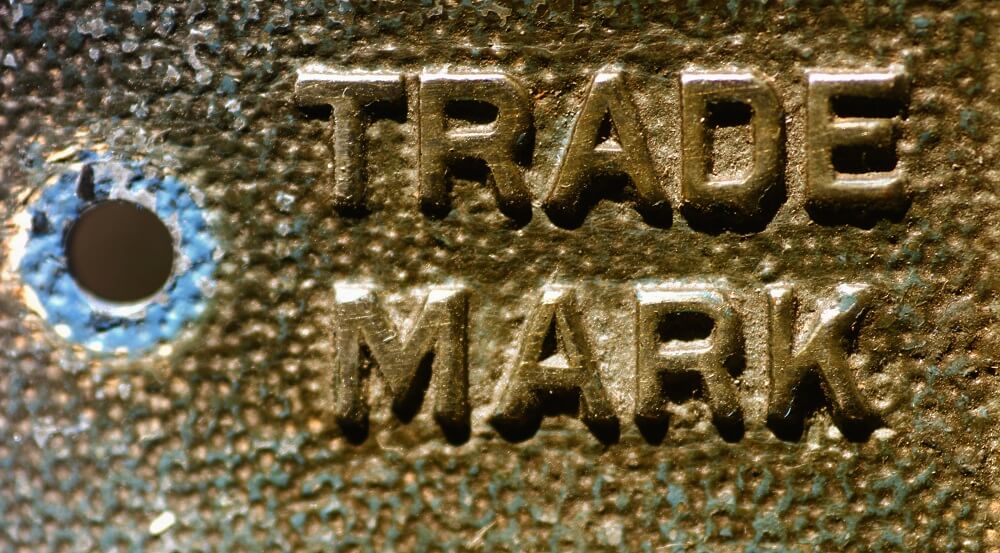
International brand expansion – Q&A on Middle East trade mark protection
Which are the key Middle East markets where clients look to protect their brand?
The United Arab Emirates (UAE) is one of the fastest growing and dynamic markets in the Middle East. Business and trade is booming, and fascinated brand owners are keen to expand their business and invest in their intellectual property rights. Further growth and investments are expected as a result of Expo 2020 Dubai.
Saudi Arabia is also considered one of the most attractive and relatively stable markets for investments in the Middle East, especially with its large population.
Furthermore, with Qatar hosting the 2022 FIFA World Cup, there are massive openings for foreign investment in several sectors including infrastructure, health care, education, tourism and financial services, among others.
Do these key markets follow international conventions in relation to trade mark protection?
Besides the national trade mark law followed by each country, the (UAE), Saudi Arabia and Qatar are each members of the Paris Convention. Although they are not contracting parties to the Nice agreement, the trade mark offices in each country refer to the Nice classification for guidance when determining whether goods and services are correctly classified.
Is it possible to do multi-class filings in these key markets?
Multi-class applications are not accepted in these three markets. A separate application must be filed for each class before the relevant trade mark office.
What are the official fees for protecting one name/logo in one class and each additional class? What are the requirements for trade mark filing in these countries?
| Country | Official fees for filing one trade mark in one class (US$)* | Official fees for filing same trade mark in each additional class (US$)* | Required documents |
| UEA | 3,275 | 3,275 |
|
| Saudi Arabia | 1,870 | 1,870 |
|
| Qatar | 935 | 935 |
|
*the official fees exclude professional fees (in the UAE) and local agent fees in Qatar and Saudi Arabia
How long does it take to register a trade mark in these key markets?
The timeframe to obtain a trade mark registration, assuming that no objections / oppositions were raised against the application, is:
- UEA 6 to 8 months
- Saudi Arabia 5 to 6 months
- Qatar: 12 to 15 months
What other local issues should companies be aware of when looking to protect their brand in the Middle East?
Trade mark protection in most countries in the Middle East can be acquired by sufficient public recognition. This means that your trade mark may be refused registration due to the existence of a well-known mark even if that mark is not on the register. It is advisable for brand owners to undertake pre-filing searches, including in-use searches, to mitigate the risks of any existing prior rights that might lead to infringement actions, particularly before investing and expanding the business.
Brand owners should bear in mind the time it can take to obtain supporting documents for filing, particularly if there is a priority deadline. Late filing of documents is not possible in many countries in the Middle East. Additionally, the legalisation and translation requirements for supporting documents add to the overall filing costs and the time to complete these formalities.
Islam is the largest religion in the Middle East, with Sharia Law commonly practised in most countries. Signs deemed to breach public morals are not registrable as trade marks. Additionally, goods and services applied for under the mark are also restricted. For example, it is not possible to register trade marks for pork and alcohol products in most countries including the UAE, Saudi Arabia and Qatar.
Originally published in BrandWrites 5th Edition








